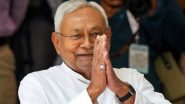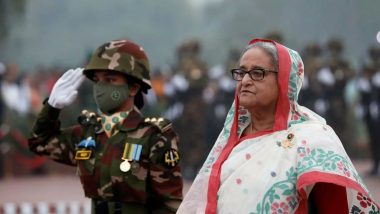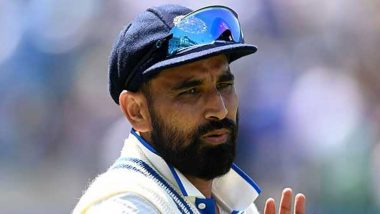New Delhi, Apr 11 (PTI) In a subtle message to oil cartel OPEC, Prime Minister Narendra Modi today said efforts to artificially distort prices are self-defeating, and a global consensus must be built for responsible pricing to provide affordable energy to all.
With ministers from Organization of the Petroleum Exporting Countries (OPEC), including kingpin Saudi Arabia, Iran and Qatar in audience, Modi said artificially distorting prices causes undue hardship particularly to importing countries.
"The world for too long has seen oil prices on roller coaster. We need to more responsible prices which balances interest of both consumer and producer," he said addressing the 16th International Energy Forum (IEF) Ministerial meeting here.
The world, he said, needs to move towards a transparent and flexible market for both oil and gas. "Only then we can serve the energy need of the humanity in an optimum manner."
India, the world's third largest oil consumer, is 80 per cent dependent on imports to meet its needs.
Stressing on "mutually supportive" relationship between producers and consumers, Modi said it was in the interest of producers that other economies keep growing steadily and rapidly to ensure growing energy market.
"Efforts of artificially distort prices are self-defeating as history has shown us. They also cause undue hardship, particularly to those at the bottom of the pyramid in developing and least-developed countries. Let us use this platform to build a global consensus on responsible pricing. This will serve the mutual interest of both consumers and producers," he said.
His statement comes days after it was reported that Saudi Arabia and Russia were looking at extending a short-term pact to curb oil supplies with a view to check prices.
Russia, not a member of the OPEC, has worked alongside the 14-member group since January 2017 after a crash in crude prices.
The Prime Minister said India needs energy security. "My vision for India's energy future has four pillars. Energy access, efficiency, sustainability and security."
While energy in general and hydrocarbons in particular are important part of the vision, India needs "accessible and affordable tools," he said. "It needs efficiency in energy use."
The world, he said, is entering an era of energy abundance. "However, 1.2 billion people don't have access to electricity. Many more do not have access to clean cooking fuel. We must ensure that this situation is not exploited to the determent of underprivileged. People must have access to clean, affordable and sustainable supply of energy," he said.
Modi said India is committed to combating climate change curbing emission and ensuring sustainable future. The launch of International Solar Alliance is a stand to fulfil this commitment.
The IEF ministerial is being attended by energy ministers from producing and consuming nations as well as heads of international organisation and CEOs of global majors.
"The world is seeing a great transition in energy supply and consumption. Consumption growth has shifted to non-OECD countries, Middle East, Africa and developing nations," he said.
Solar energy becoming economical is changing supply paradigm, while abundant availability of natural gas globally has increased, he said. Coal may gradually go out of favour as a major contributors to primary energy and adoption of electric vehicles will be the centre of talks.
"Last month, I came across energy forecast prepared by an agency according to which India will be the key driver of global energy demand in next 25 years. India's energy consumption will grow by 4.2 per cent a year for next 25 years. This is fastest among major world economies.
"The report also mentioned that gas demand will triple by 2040. The number of electric vehicles will rise to 320 million by 2030 up from 3 million today," he said.
Stating that India is the fastest-growing large economy of the world, Modi said ADB, IMF and World bank are estimating India to grow at 7-8 per cent in near future.
The high growth has been achieved with low inflation and fiscal deficit under control. "This macro economic stability is boosting both consumption and investment in the economy," he said.
(This is an unedited and auto-generated story from Syndicated News feed, LatestLY Staff may not have modified or edited the content body)













 Quickly
Quickly




















